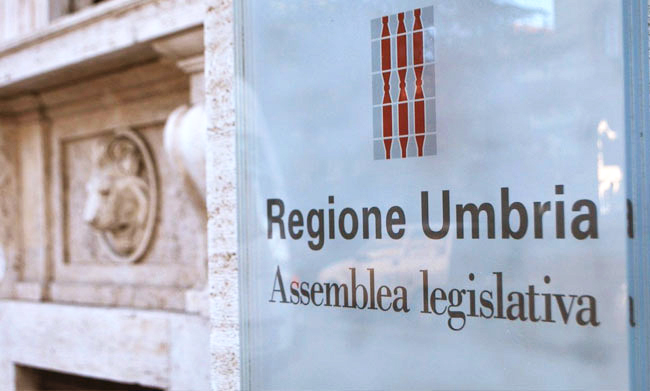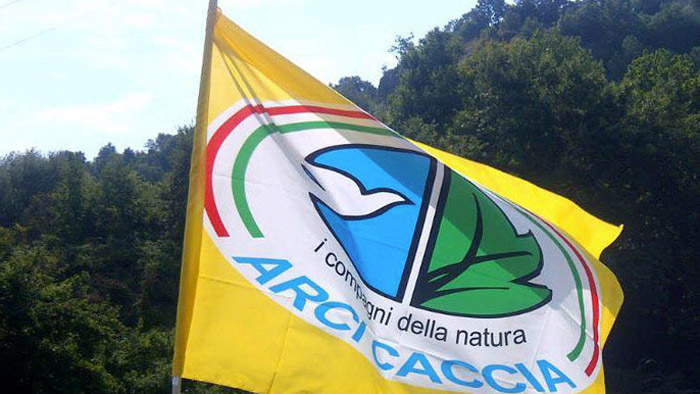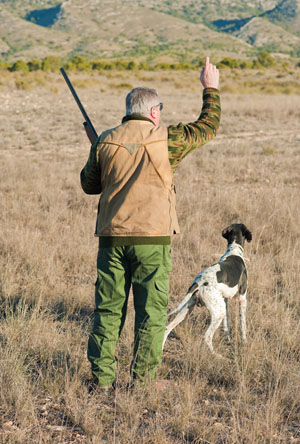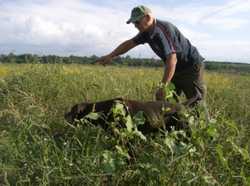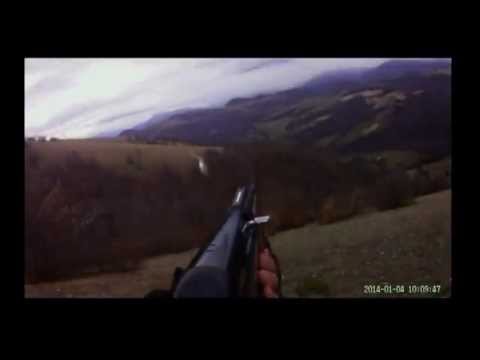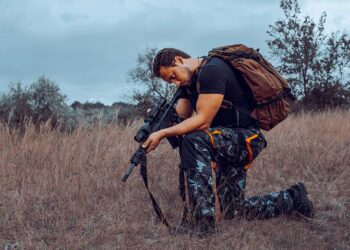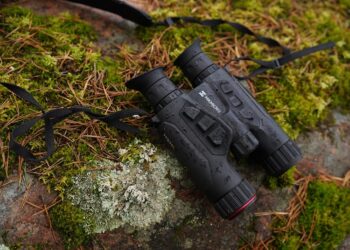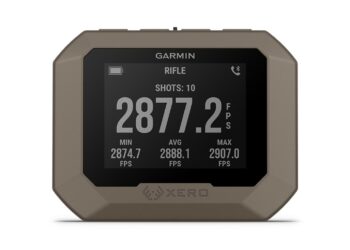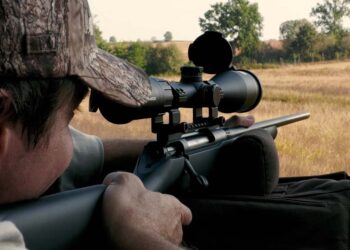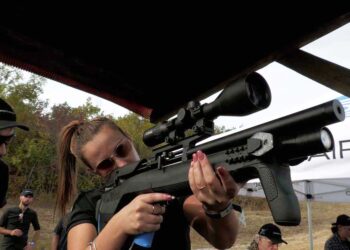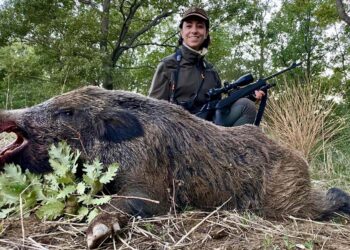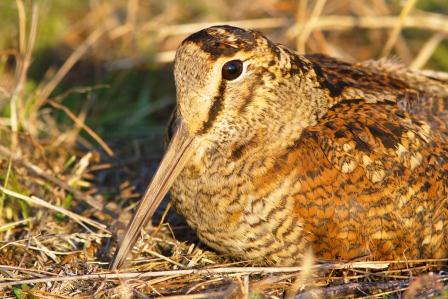
The Campania Game Producers Authority writes to the Regional Councilor for Agriculture, Danila Nugnes, and to the interested regional bodies, regarding the proposal to activate a training and specialization course for Beccacciai Monitorers; hunters will thus be able to "take care" of the species even outside the hunting period.
"
Dear Regional Councilor for Agriculture
Of the CAMPANIA REGION
Hon. Daniela NUGNES
CAMPANIA REGION
Department of Health and Natural Resources
Directorate General for Agricultural, Food and Forestry Policies
UOD Fishing, Aquaculture and Hunting
To the AA.TT.CC. of the Campania Region
Respective Management Committees
Their Locations
To the Provinces of the Campania Region
Their Locations
To all the hunting associations of the Campania Region
Their Locations
EPS Game Producers Authority for the management of the natural and faunal heritage
Campania Regional Section_ Research sector and fauna studies
Subject: Proposal for activation of the Beccacciai Monitor Course - Proposal for a project for the collection of migratory birds' wings
In order to harmonize scientific research, with the aim of gathering an in-depth analysis and updating of the knowledge of the status of all the species affected by the hunting fauna in the Campania Region, as well as setting up a network for monitoring the migratory flows of the species they cover. the greatest hunting interest and which manifest the greatest management needs in our region; this writing Regional Section Eps Campania, proposes to all interested parties (Region, Provinces, Territorial Areas of Hunting, Hunting Associations, Enci) to share an in-depth study and implementation of what reported in the subject.
The results of the study will converge in the drafting of the constant updating of the regional wildlife map which should define the guidelines for the future wildlife-hunting management of Campania and for the preparation of hunting programs and calendars in the following years.
Below is a BRIEF SUMMARY of the proposed project ideas, to be explored and shared with all interested parties and components:
In the period of pre-nuptial spring migration, the ATCs organize the monitoring of the species, subject to the preparation of monitoring plans in the suitable areas. These areas must be homogeneous from an environmental point of view, including, where possible, also the areas forbidden to hunting, subject to the authorization of the bodies in charge. The monitoring activity will be carried out by expert hunters, who have followed suitable training activities according to the technical directives of the ISPRA.
By 31 March 2015, concurrently with the return of the felling card, hunters who have culled woodcocks will have to hand over the right wing of the specimens collected to the ATC in which they are resident or admitted, for the survey of the data relating to the class of age, which must be carried out by the ATCs themselves also with the help of specialized bodies or associations. The recorded data will be appropriately recorded / sent / transmitted to the offices in charge of the Campania Region, possibly also through the implementation of the website: www.campaniacaccia.it
The dog lover of woodcock hunter is required not only a strictly hunting preparation but necessarily extended to subjects such as ethology and biology related to the species, the understanding of climate change and notions of safeguarding natural habitats. The cultural growth of the hunting world passes through the formation of a new citizen / hunter, attentive to the dynamics of collection and curator of biodiversity.
The Beccaccia monitor training and specialization course transforms the hunting passion into a real service available to managing and hunting entities for the implementation of sustainable wildlife management policies. The woodcock does not belong to the hunters, nor to the local authorities that host it for some months of the year. The woodcock belongs to Europe and the studies in progress confirm the need for an international approach and a cultural evolution that can no longer be postponed.
The aim of the course will be to give hunters the opportunity to "take care" of the species even outside the hunting period. In this way the Provinces in synergy with the AA.TT.CC and the Campania Region will be able to count on selected specialist hunters to whom they can entrust research and permanent monitoring tasks.
The course will cover:
1- Migration and climate change
2- Ethology of the Woodcock
3- Analysis of natural habitats
4- Laboratory of reading the wings
5- Sexing technique
6- Hunting ethics
The course will be held with the teaching of professionally qualified experts in the subjects.
The methods for registering for the Course may be as follows:
- Application for registration to be submitted to the respective hunting residence ATCs
- payment of a registration fee of € _____
At the end of the course, a certificate of Woodcock Monitor will be issued, necessary to carry out the required Study and Monitoring activities.
RULES FOR THE MAINTENANCE OF THE STATUS OF MONITOR - censor
1) Anyone who is the holder of the aforementioned monitor card and is challenged by the competent authorities in the field of hunting surveillance for an infringement of the laws governing hunting, the authorization issued is immediately suspended.
2) Whoever, holder of the aforementioned monitor card, carries out unsuitable behaviors with the purpose for which the authorization was issued, is suspended from the activity of authorized monitor and subjected to all the necessary checks
Proposal for the collection of wings of migratory birds
The study is divided into 3 years and will involve three winter seasons (and as many hunting seasons): starting from the 2014/15, 2015/16 and 2016/2017 season. The objective is to collect, at the end of the three years, an in-depth analysis and an update of the knowledge of the status of all the species involved in hunting, as well as to prepare a network for monitoring the migratory flows of the species that are of the greatest hunting interest. and which manifest the greatest management needs. The results of the study will flow into the drafting of the constant updating of the regional wildlife map which should then annually define the guidelines for the future wildlife-hunting management of the Campania Region in order to harmonize the hunting wildlife planning and the relative sampling scheme in the preparation of hunting calendars. The species object of the study will be: all huntable Anatidae, the Quail (Coturnix coturnix), the Moorhen (Gallinula chloropus), the Coot (Fulica atra), the Lapwing (Vanellus vanellus), the Woodcock (Scolopax rusticola), the Wood pigeon (Columba palumbus), the Dove (Streptopelia turtur), the Lark (Alauda arvensis), the Blackbird (Turdus merula), the Fieldfare (Turdus pilaris), the Song Thrush (Turdus philomelos) and the Redwing (Turdus iliacus) ).
WINGS COLLECTION AND DELIVERY METHOD: Hunters who are interested in collaborating will be asked to remove a wing from each specimen of the above-mentioned species (and included in the annual hunting calendar) killed during the hunting activity. From the examination of the wing it is in fact possible to trace the age (and in some cases the sex) of the animal and, consequently, to collect important information on the structure of the migratory populations that transit and / or winter in Campania. It is important, to avoid confusion, that only one wing is removed from each specimen, the one least damaged by the felling. The wing, to be usable, must be cut from the base so that it retains all the feathers of the flight and the relative coverts (see figure).
It is important to indicate for each wing the date and the province of killing. Therefore the wings must be collected, by each hunter, (for example in a plastic bag) by date and place. Further details on the killing site (Municipality or locality) or the hunter's personal data are useful but not essential. The collected wings must be placed in the freezer or dried open (as shown in the figure) indicated and delivered to the nearest collection center that will be indicated and chosen with the project organizers. All data and names will be processed in accordance with the provisions of the law on privacy. By 31 March 2015, in conjunction with the return of the shooting card, the wings will be delivered to the ATC where you are resident or admitted for annual hunting. All data relating to the age group and the number of species must be carried out by the ATCs themselves, also with the help of specialized bodies or associations. The recorded data will be suitably recorded / sent / transmitted to the offices in charge of the Campania Region, possibly also through the implementation of the campaniacaccia.it website.
For any information on the implementation of the initiatives put in place, you can contact the following institutional contacts:
Campania region
Territorial Areas of Hunting
Hunting Associations
enci
With the hope of being able to discuss and deepen the project proposals, in a specific regional wildlife hunting technical table 2014, we rely on the undisputed sensitivity of the Regional Councilor for the branch, and that of all the representatives of the associations with common interests in wildlife hunting, to the realization of the same, we remain awaiting a welcome and positive response.
"
16 May 2014
EPS Campania



